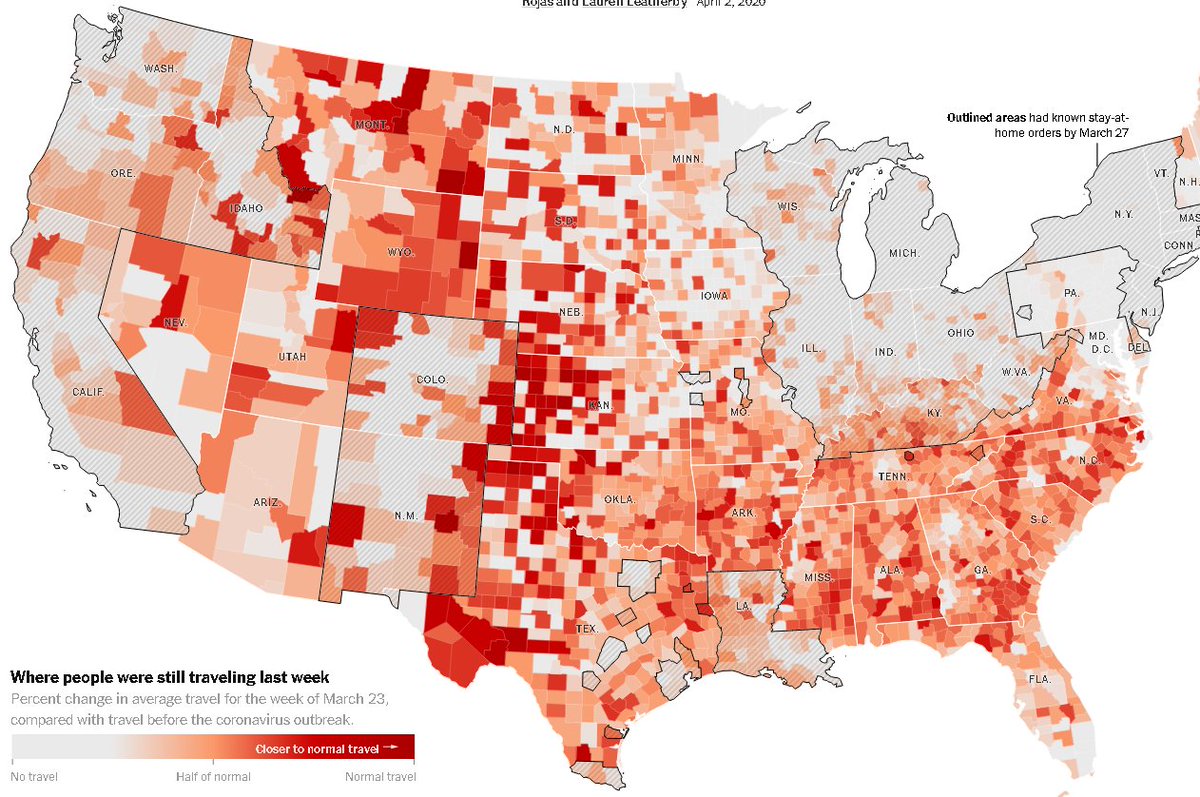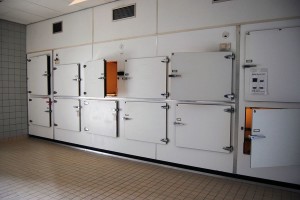Coronavirus: 48 people dead, 8,258 infected - 127 in serious condition
Four more people died Sunday, bringing the country's death toll to 48.Doctor says ‘knock-on effects’ of pandemic chaos could be deadlier than virus
The latest victim is a 98-year-old woman who was being treated at Shaare Tzedek Medical Center in Jerusalem.
Earlier, a 61-year-old woman who was being treated at Wolfson Medical Center passed away, as did an 84-year-old woman who was being treated at Soroka Medical Center in Beersheba and a 63-year-old man who was being treated at Hadassah Hospital in the capital died, as well.
The 84-year-old woman was the sixth person to pass away from the Mishan senior living facility in the South and the fourth in the last three days.
At the same time, the numbers of infected people are on the rise. The Health Ministry reported 8,258 people with coronavirus Sunday morning - 127 in serious condition, among them 106 who are intubated.
The deaths per day appear to be escalating at a rapid rate. On Thursday, 10 people died – the deadliest day so far for coronavirus in the country. Over the weekend, Israel lost eight more.
The disruption being wrought on Israeli healthcare by the coronavirus crisis could kill more people than the disease itself, a leading doctor has claimed.Most Jewish, Arab Israelis believe gov dealt effectively with coronavirus
The warning by Anthony Luder, director of the Pediatric Department at Ziv Medical Center in Safed, came as an influential think tank raised alarm bells that the “collateral” effect of the coronavirus crisis could lead to more deaths than the virus, and after a minister said he was worried about people taking their own lives.
“We may have more suicides than deaths from coronavirus,” Defense Minister Naftali Bennett said on Tuesday, suggesting that the economic consequences will push some Israelis to kill themselves if the lockdown is kept in place for too long.
Luder fears that a potentially lethal domino effect of the crisis will be felt in the very health system that is treating coronavirus patients. “It’s entirely plausible that more people will die of the knock-on effects than of coronavirus itself,” he told The Times of Israel.
Luder has witnessed what he considers shocking cases of children’s lives being put in danger because parents are petrified to go to hospital. “We’re starting to see growing numbers of issues where children are sick, being kept at home, and then developing complications that are difficult to treat and dangerous to the child,” he said.
“A kid came in with a burst appendix — the appendix had burst at home. The parents had done nothing because they were frightened to go to an emergency room. By the time he came in, he had a big abscess in his abdomen and needed surgery.” Had the child been quickly hospitalized, Luder said, he may have been treated without surgery, or possibly just a keyhole procedure.
Luder added: “We are starting to accumulate cases like this. We had a kid who was at home for four or five days with meningitis.”
About 60% of Jewish and Arab Israelis believe that the State of Israel has been dealing effectively with the coronavirus outbreak, according to Tel Aviv University’s March 2020 Peace Index that was released on Sunday.
About 35% of Jewish Israelis responded that they did not believe the government had effectively dealt with the outbreak. 30% of Arab Israelis replied similarly.
When the responses by Jewish Israelis were split by voter preference, the Peace Index found that 72% of right-wing respondents felt that the State of Israel is effectively dealing with the outbreak, while only 41% of center voters and 34% of left-wing voters responded similarly.
There are also large differences between age groups with 64% of young people up to the age of 35 and 61% of middle aged people (35-54 years old) thinking that Israel has been dealing with the outbreak effectively, while only 51% of people older than 55 agree.
The Peace Index noted that “in addition to the complete lack of trust among present-day opposition party voters in evaluating government conduct during the crisis, there is also a certain level of lack of trust among the age-group who are at the greatest risk of being harmed by the virus.”
A vast majority (between 83%-85%) of both Jewish and Arab Israelis believe that the prohibition to leave one’s home was necessary. Only 59% of left-wing Jewish voters believed the same.















































